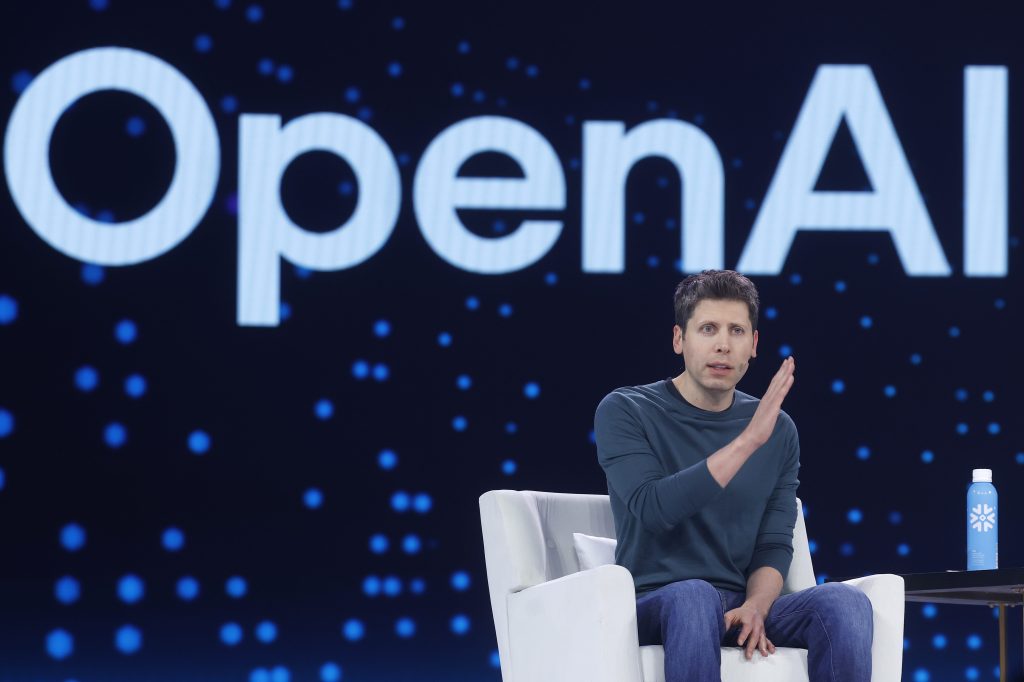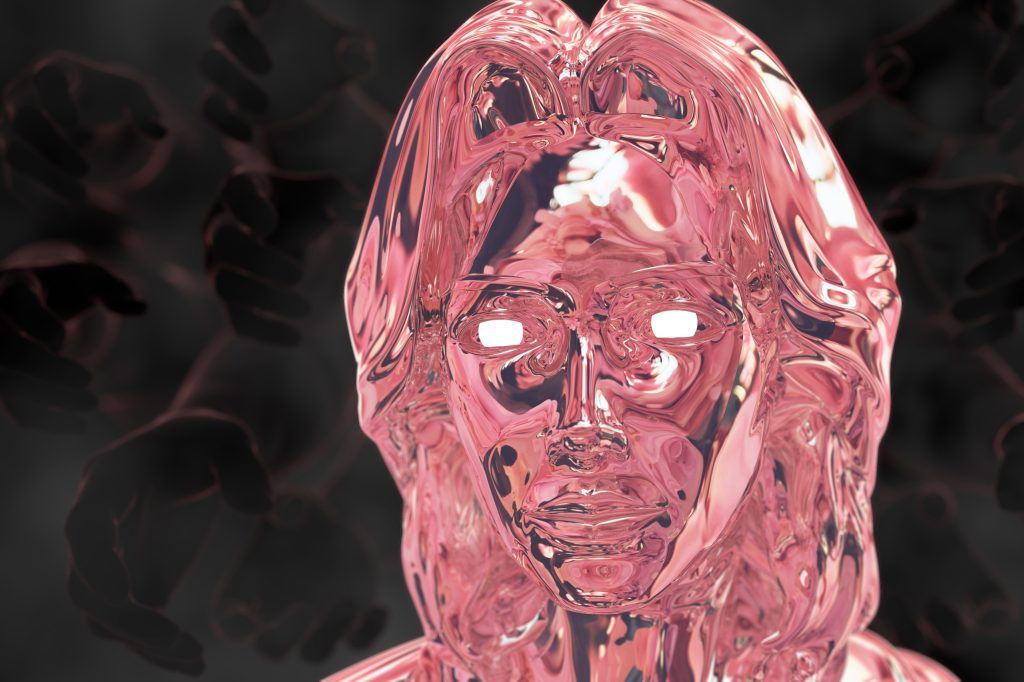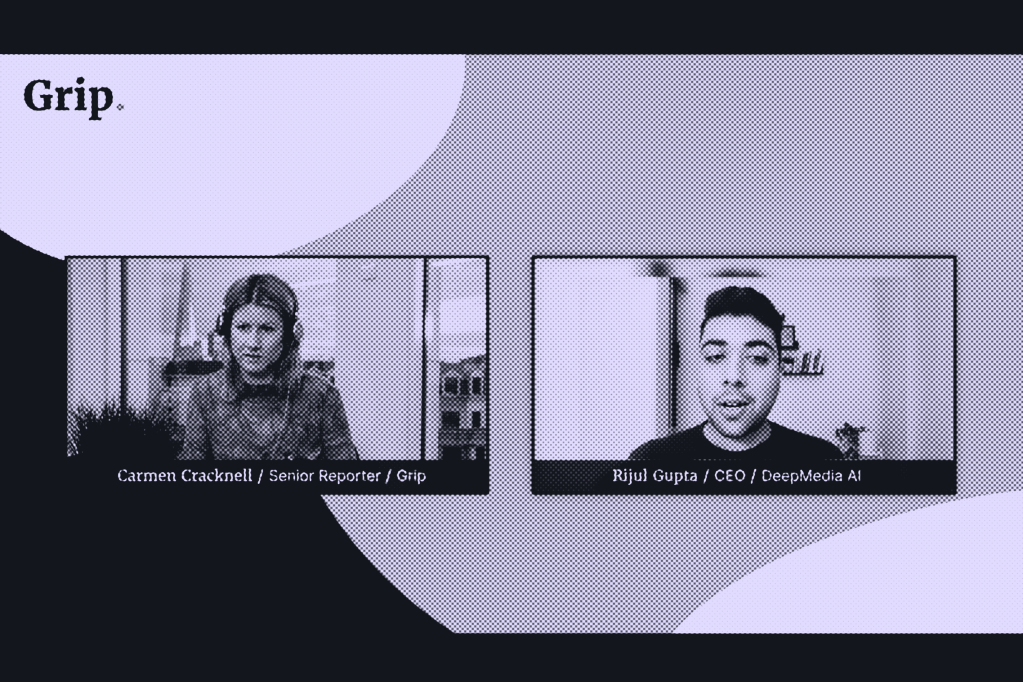This is a transcript of the podcast Rijul Gupta of DeepMedia AI on the ethics of deepfake technology between GRIP Senior Reporter Carmen Cracknell and Rijul Gupta, CEO of DeepMedia AI.
[INTRO]
Carmen Cracknell: Thanks very much for joining me, Rijul I’ll just do a quick intro. Rijul Gupta is
Register for free to keep reading
To continue reading this article and unlock full access to GRIP, register now. You’ll enjoy free access to all content until our subscription service launches in early 2026.
- Unlimited access to industry insights
- Stay on top of key rules and regulatory changes with our Rules Navigator
- Ad-free experience with no distractions
- Regular podcasts from trusted external experts
- Fresh compliance and regulatory content every day













